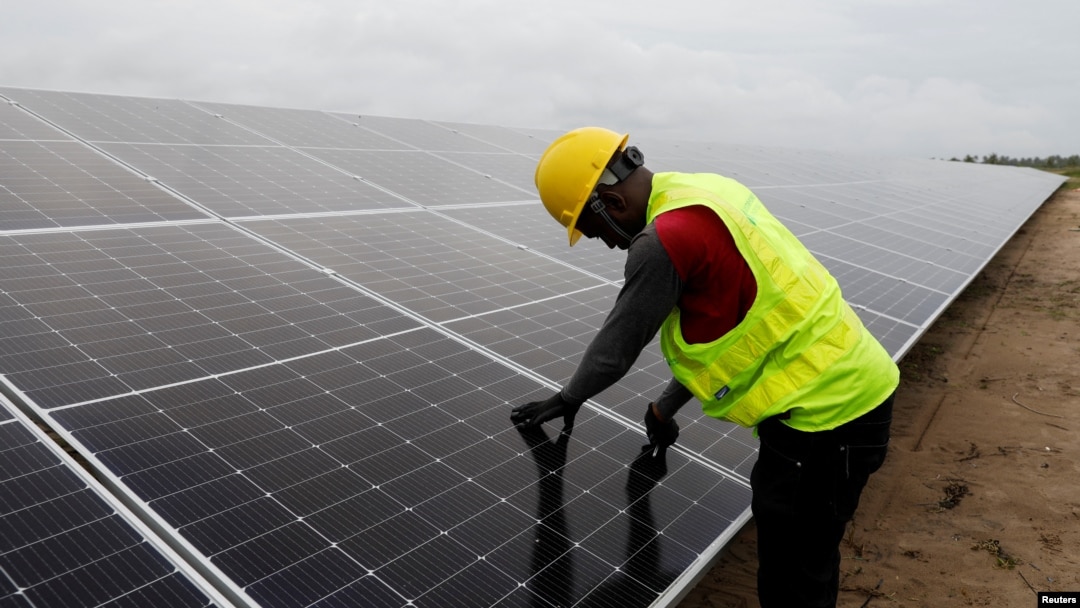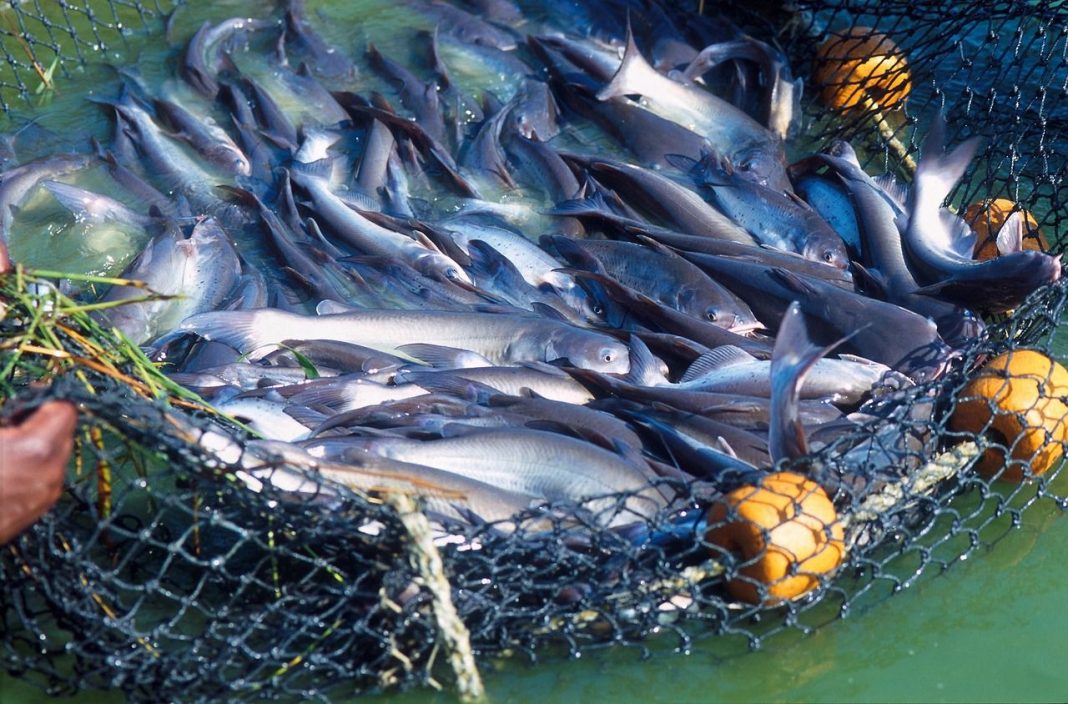The World Bank has formally launched its US$93 billion in funding commitments to help low-income countries build up their economies.
This development followed the COVID-19 pandemic and other setbacks with funds sourced in part from 52 donor nations through the IDA20 replenishment.
ALM learned that the funding was meant to target overlapping crises—climate change, COVID-19, conflict, inflation, rising debt, and food insecurity—which are reportedly hitting harder disproportionately on the poorest people.
World Bank made this disclosure in a statement it made available to newsmen.
But the World Bank President, David Malpass called the funding replenishment the most ambitious in International Development Agency (IDA) history.
He said, “As we meet in Tokyo, we do so in the face of severe crises, which continue to destabilize the global economy. On top of the impacts of the COVID-19 pandemic and inflation, the war in Ukraine is having dire effects on energy supplies.
“Of particular concern are the natural gas shortages alongside the significant increase in fertilizer and agricultural prices, which are exacerbating food insecurity and extreme poverty.”
Also, he called for a “forceful and comprehensive response” as global economic growth slows to 2.9% this year, leading to a recession in much of the developed world and devastating impacts in the poorest countries.
In addition to the $23.5 billion pledged by global nations, additional financing comes from capital markets, repayments from borrowers, and World Bank contributions. The IDA20 funds are part of a $170 billion in total that the World Bank is making available to address the challenges faced by low-income nations.
The IDA20 announcement follows a July meeting in Dakar, attended by the leaders of at least 22 African nations who made their needs and priorities clear to the World Bank.


